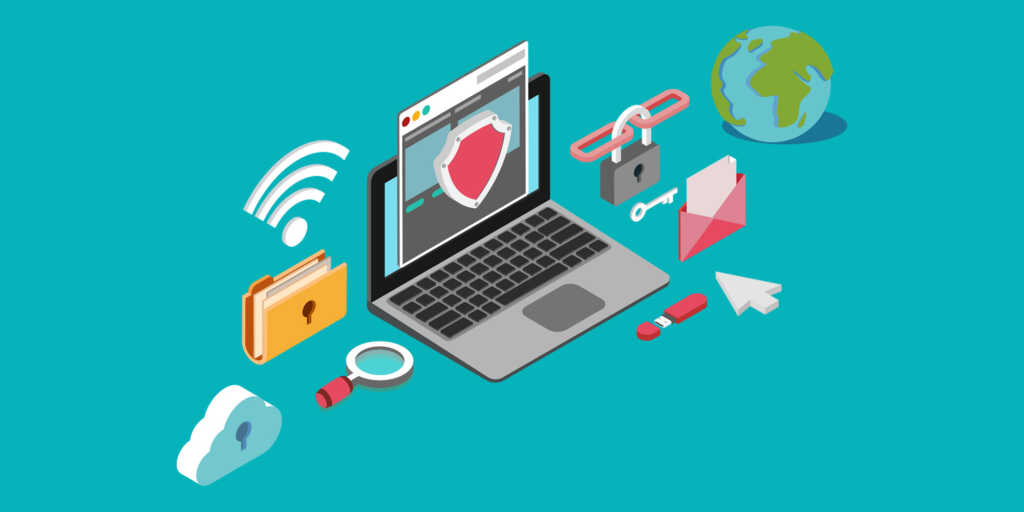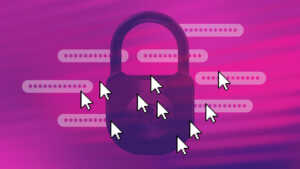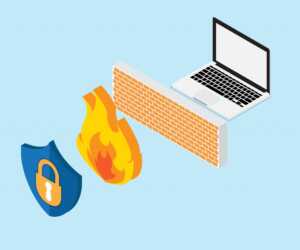The internet can be a great resource for information and communication, but it’s important to remember that there are also risks involved. Here are some tips to help you stay safe online:
Be Cautious Clicking
Be cautious about what you click on. Hackers can often send emails or create websites that look legitimate but are actually malicious. If you click on a link in an email or on a website and it takes you to a page that looks suspicious, do not enter any personal information.
There are a lot of scams out there, and it can be hard to tell what’s real and what’s not. If you’re not careful, you could end up clicking on something that will install malware on your computer or steal your personal information. So be extra careful and always think twice before you click.
Download Carefully
Be careful what you download. Any time you download something from the Internet, there is a risk that it could be malware. Only download files from websites that you trust, and be sure to scan any files that you download with an antivirus program before opening them.
There is a lot of content available on the internet for free, but it might not always be reliable or safe to use. Be cautious when downloading files and ensure that they are from trusted sources. It is important to be careful about the websites that you visit as some may contain viruses or malware that could infect your computer.
reliable or safe to use. Be cautious when downloading files and ensure that they are from trusted sources. It is important to be careful about the websites that you visit as some may contain viruses or malware that could infect your computer.
Use A Firewall
Use a firewall. A firewall can help to protect your computer from attacks by blocking incoming traffic from unknown or untrusted sources.
One of the most important security measures you can take for your computer is to use a firewall. A firewall helps protect your computer from hackers and other malicious software by blocking incoming and outgoing connections that are not authorized. There are many different types of firewalls available, and you should select one that best fits your needs. If you are not sure which type of firewall to use, you can contact a computer security specialist for help.
by blocking incoming and outgoing connections that are not authorized. There are many different types of firewalls available, and you should select one that best fits your needs. If you are not sure which type of firewall to use, you can contact a computer security specialist for help.
Don’t Reuse Passwords
Don’t reuse passwords across different accounts. Reusing passwords makes it easier for hackers to gain access to multiple accounts if they manage to crack one of your passwords.
Use different passwords for different accounts. That way, if a hacker does manage to compromise one of your accounts, they won’t automatically have access to your other accounts. Creating strong passwords is important, but it’s only half the battle. The other half is making sure you don’t use the same password at multiple sites.
accounts. Creating strong passwords is important, but it’s only half the battle. The other half is making sure you don’t use the same password at multiple sites.
In conclusion, following the important tips mentioned above will help you stay safe online. Be extra careful with the links that you click on, the information that you share, and the sites that you visit. Keep your software and operating systems up to date to ensure that you have the latest security features. And finally, don’t hesitate to reach out to a professional if you’re concerned about your online safety, as they can offer expert advice and guidance to help keep you safe. With these tips in mind, you can rest assured that you are well protected while surfing the web. Stay tuned into Bayshore Interactive’s blogs for more information on internet safety.
